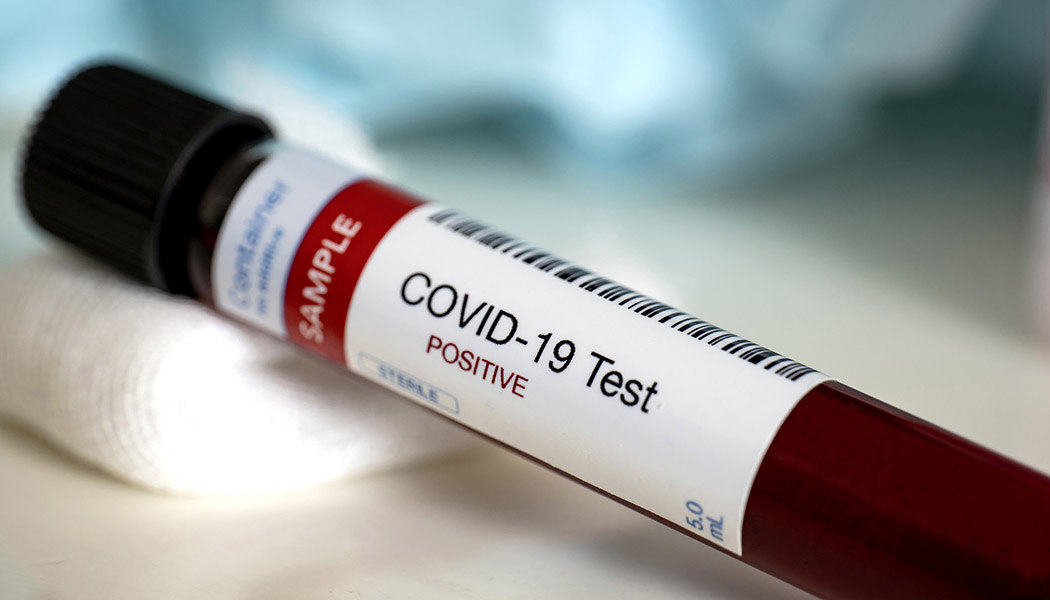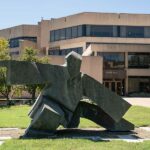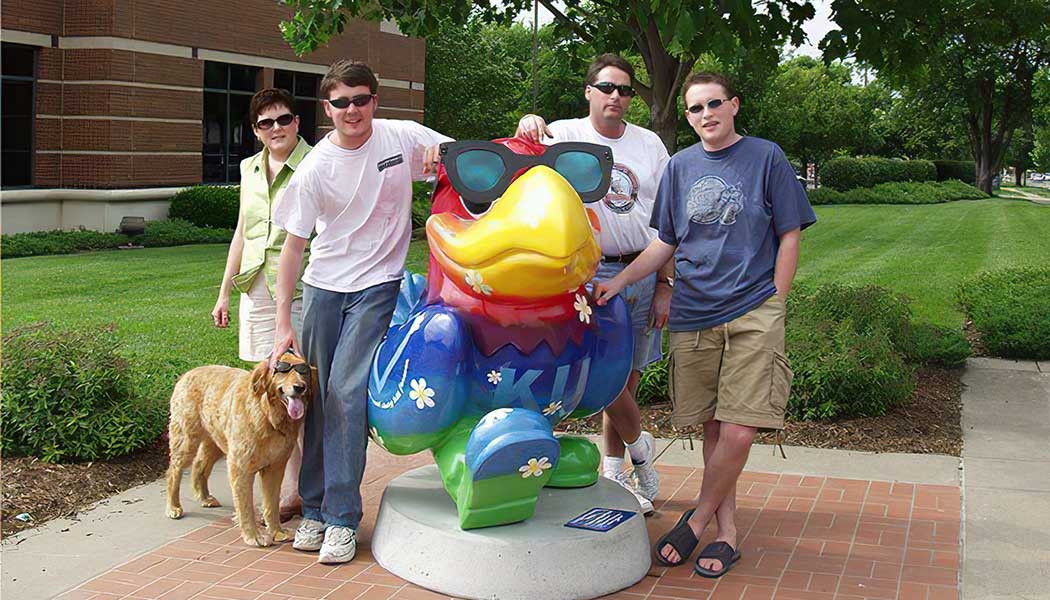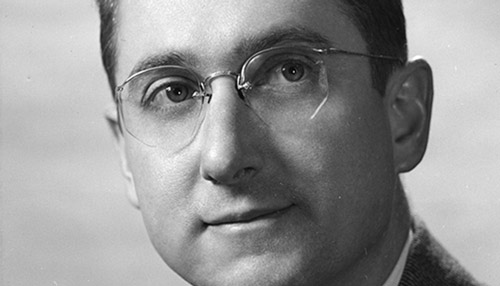‘Unique network’
KUMC seeks participants to bolster diversity of ‘long COVID’ study

As the highly contagious omicron variant tore its way through the country and around the world last winter, the health care community struggled to manage soaring numbers of patients with infections, especially those arriving at hospitals already functioning at or beyond capacity. That was the public health emergency.
But there’s another public health crisis looming: the impact of “long COVID,” the condition attributed to people who suffer from persistent and potentially serious symptoms weeks or months after their acute COVID-19 illness has passed. These symptoms—including pain, headaches, fatigue, “brain fog,” shortness of breath, anxiety, depression, fever, cardiovascular problems, chronic cough and sleep problems—affect a striking number of people who’ve been infected by the SARS-CoV-2 virus.
“We estimate that somewhere between 20% and 30% of people who’ve had an acute COVID-19 infection will develop symptoms of long COVID,” says Dr. Mario Castro, vice chair for clinical and translational research in the department of internal medicine and a pulmonologist at KU Medical Center. “This is likely to be one of the top public health problems we face in the near future and probably for the next decade.”
This spring, Castro and his colleagues enrolled their first participants in a multisite clinical trial to understand how and why some adults develop “Post-Acute Sequelae [symptoms] of SARS-CoV-2 infection” (PASC), which includes long COVID, while others do not. The trial, coordinated by New York University Langone Health, is sponsored by the National Institutes of Health and is part of the NIH Researching COVID to Enhance Recovery (RECOVER) Initiative.
KU Medical Center received a $1.1 million grant to participate in the RECOVER study as part of the IDeA States Consortium for Clinical Research (ISCORE), a network of 11 states that helps ensure diversity in medical research funding.
“We were chosen purposely because we have quite a bit of diversity within ISCORE, including Native Americans, African Americans, Hawaiians, Pacific Islanders and rural populations,” Castro says. “That made our network unique in that regard.”
In total, the study will enroll more than 17,000 adults at least 18 years of age from 77 institutions across the United States. Working with their clinical partners at The University of Kansas Health System, KU Medical Center aims to enroll more than 200 participants. Participants will include people who have not contracted COVID-19 as well as those who have, and people with PASC symptoms as well as those without. The study will follow the participants for up to four years.
“Our hope is that at the end of the day, we will be able to give clinicians a strategy to manage these patients,” Castro says.
Because it’s not yet known who is at a higher risk for long COVID, it’s hard for physicians to know how to treat this patient group. Some people with long COVID were not even very sick to begin with. Some have prolonged symptoms, while others develop new symptoms after getting over an acute case of COVID-19. Moreover, the severity and array of PASC symptoms vary widely among patients.
“We’d like to understand better what are the risk factors that lead to not just CoV-2 infection, but the development of PASC. We don’t really have a good understanding of that at this point,” Castro says. “Social determinants may also lead to PASC, such as having poor access to care or not being able to get prompt treatment, and we need to understand these better.”
There are also, of course, unique aspects of the virus itself that likely lead to the symptoms, Castro says. He points to work led by Navneet Dhillon, professor and director of pulmonary research at KU School of Medicine, as one potential answer to the biological puzzle of long COVID. Dhillon has conducted research on patients hospitalized with COVID-19 and found that extracellular vesicles, membrane-bound nanosized particles circulating in patients, can be used as non-invasive biomarkers of the inflammatory response and disease severity of COVID-19, and can also damage endothelial cells, which line the blood vessels. The vascular injury leads to organ damage, such as to the heart and lungs, in some COVID-19 patients.
Dhillon and her colleagues believe this phenomenon could also lead to PASC. “We are hypothesizing that maybe there’s a sustained injury that continues, that leads to this long-haul disease,” she says.
Everyone participating in the study, including the people who have never been exposed to the SARS-CoV-2 virus, will have a basic physical exam and bloodwork and complete a health questionnaire. Depending on their symptoms and infection status, they may undergo more detailed testing such as chest CT, heart MRI, electromyography and testing of nerve function. People entering the study believing that they have never been infected with SARS-CoV-2 will have an antibody test to confirm that they have not been exposed.
Those tests, conducted by KU Medical Center in partnership with The University of Kansas Health System, may help study participants and their physicians better understand problems that are due to COVID-19.
The results of the study will be important in understanding the body’s long-term reaction to COVID-19.
“The RECOVER study is extremely beneficial for anyone with PASC symptoms, as the main aim of the study is to better understand symptoms post-COVID-19 infection,” says Adam Ruff, the clinical research coordinator for RECOVER at KU Medical Center. “The study is open to enrollment for individuals at least 18 years of age who have previously had COVID-19, are currently positive with COVID-19 and individuals that have never tested positive or had symptoms of COVID-19.”
Ruff notes the range of illness severity in the people he’s talked to as he has begun to enroll participants. “I’ve talked with many of them that have extremely severe symptoms and are trying to get into the study as soon as possible. I’ve also had conversations with individuals who have mild to moderate symptoms,” he says. “So, for scientific integrity and research purposes, it’s important that we enroll as many people and collect as much data as possible, even on individuals who aren’t experiencing a lot of symptoms.”
—Birch is a science writer and assistant editor in news and media relations at KU Medical Center.
To participate in the RECOVER study or learn more about it, email covid-research-team@kumc.edu or call 913-574-3932.
RELATED ARTICLES
/








